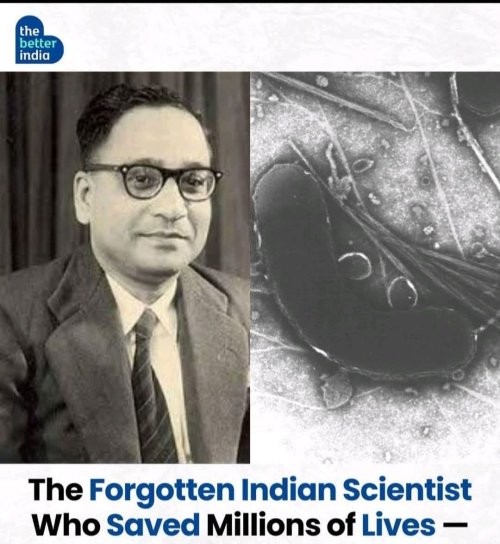
Dr. Sambhu Nath De’s discovery was nothing short of revolutionary. In the 1950s, cholera was a devastating disease, but its exact mechanism remained a mystery. Scientists knew the bacterium Vibrio cholerae was responsible, but they didn’t understand how it led to deadly diarrhea and dehydration.
Dr. De, working in Kolkata, conducted a series of elegant experiments that revealed the secret: cholera didn’t kill through infection alone but by releasing a toxin that triggered massive fluid loss. His 1959 paper described the cholera enterotoxin, proving that the disease’s fatal symptoms were caused by this toxin disrupting the body's water balance. This discovery laid the foundation for modern oral rehydration therapy (ORT) and vaccine development—saving millions of lives.
Despite the impact of his work, Dr. De never received the Nobel Prize. His findings were often overlooked, perhaps due to geographical and racial biases in the scientific community of the time. While Western scientists later expanded on his research—some winning Nobels for related work—Dr. De remained largely unrecognized.
Today, his contributions are gaining more appreciation, and his legacy lives on in every cholera treatment that keeps patients alive.
Photo credit
www.thebetterindia.com
